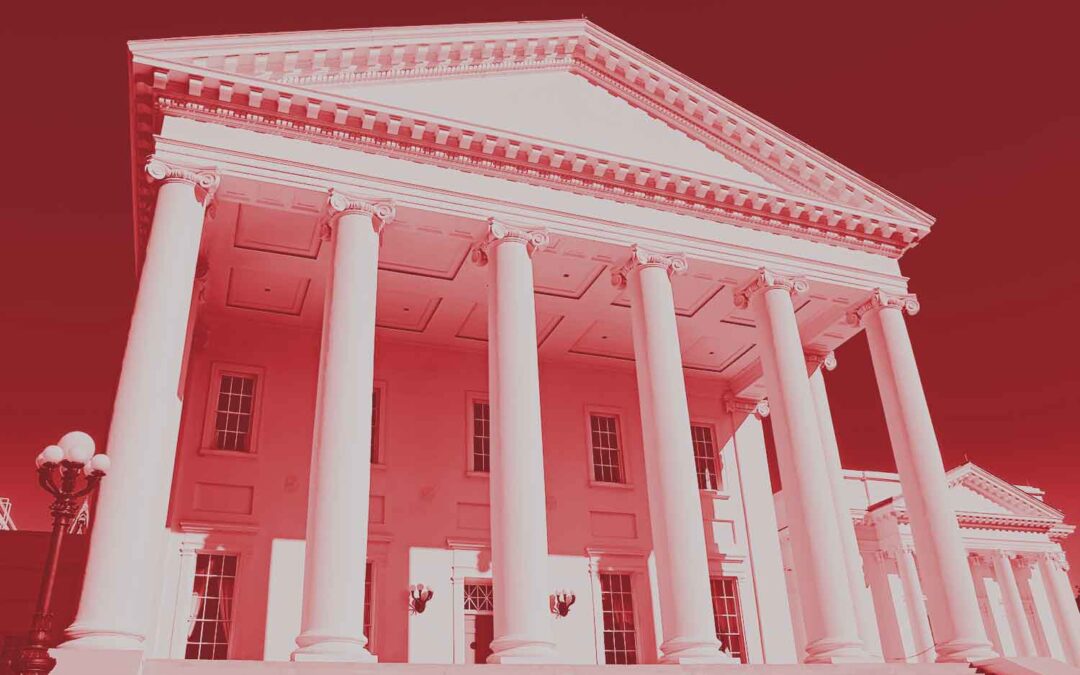Earlier today, law enforcement officers from Federal, state, and local agencies arrested a key leader of MS-13, a violent criminal gang responsible for a number of killings and other violent crimes in the Commonwealth.
“This is what happens when you let good cops be cops,” FBI Director Kash Patel, said at a press conference.
Operations like this make our communities safer. We’ve seen the carnage wrought by MS-13 all across Virginia. That’s why House Republicans made fighting criminal illegal aliens a priority this past session. House Democrats, however, weren’t interested.
House Republicans put forward a number of bills that would have helped law enforcement get dangerous illegal alien gang members off the street. None of them even received a hearing.
Those bills include:
• HB 2169 from Leader Todd Gilbert, R-Shenandoah
Creates a rebuttal presumption against bail for an illegal alien charged with a crime of violence, making it easier to hold them until trial.
• HB 1885 from Del. Wren Willams, R-Patrick
Requires the Department of Corrections to inform Immigration and Customs Enforcement that an illegal alien who committed a crime while a juvenile is in their custody.
• HB 1891 from Del. Jason Ballard, R-Giles
Requires law enforcement to inform Immigration and Customs Enforcement of any illegal aliens in their custody before their sentence is completed, and then transfer them to ICE custody.
• HB 2354 from Del. Tony Wilt, R-Rockingham
Requires law enforcement to transfer any illegal aliens in their custody to Immigration and Customs Enforcement upon the receipt of a valid detainer from the agency.
• HB 2623 from Del. Buddy Fowler, R-Hanover
Allows someone harmed by an illegal alien in a “sanctuary” city or county to sue the local government and hold them responsible for failing to enforce the law.
Time and time again, Virginia Democrats choose violent criminals over victims and police. A House of Delegates in Republican control will get these monsters out of our communities. A House of Delegates in Democrat control, as we’ve seen, will continue to do nothing.
###




